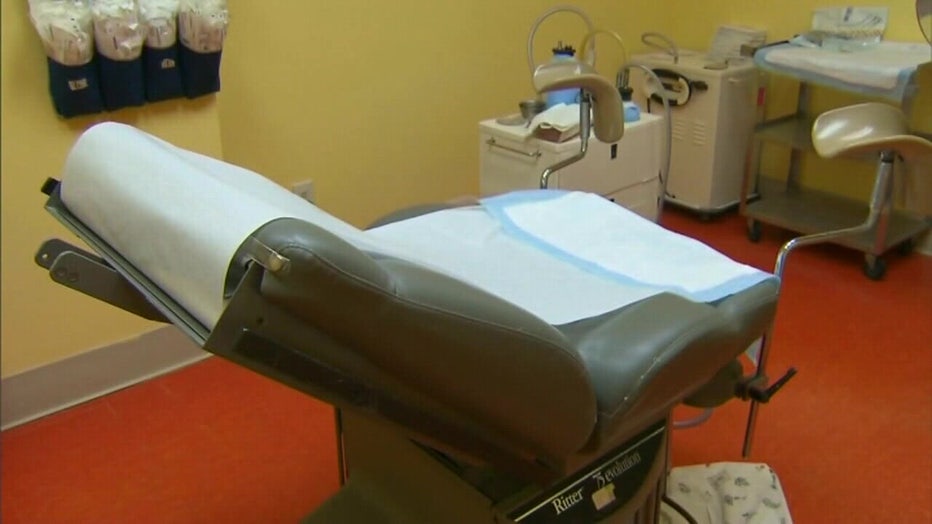Legal experts expect challenges to newly signed 15-week abortion ban in Florida

Florida abortion law could face legal challenges
Florida's new 15-week abortion ban could face legal challenges.
TALLAHASSEE, Fla. - Governor Ron DeSantis signed Florida's most restrictive abortion bill in nearly 50 years Thursday. Legal scholars are expecting the law to see challenges ahead.
The 15-week ban violates the right to abortion guaranteed by the landmark 1973 Roe v. Wade decision. Roe v. Wade grants women the right to an abortion up until the point of viability, which the courts currently rule to be 24 weeks of pregnancy.
While Columbia Law professor Carol Sanger explained Florida’s new law is not constitutional, she said that may no longer be the case when the law goes into effect on July 1.
"We're going to find out in late May or early June whether the current US Supreme Court says, maybe viability was the wrong decision in 1973," said Sanger. "We really don't know what they're going to say. They may overrule Roe altogether so that the issue goes back to each state to decide do they want abortion to be a crime in this state or not."
RELATED: Gov. DeSantis signs 15-week abortion ban into Florida law
Florida’s law is modeled after a Mississippi law that also bans most abortions after 15 weeks of pregnancy. The Mississippi law is currently being considered by the US Supreme Court, and its decision could potentially dismantle or even completely overturn nearly half a century of legal precedent.
Depending on what the majority conservative court rules in the Dobbs vs. Jackson Women's Health Organization case contesting the 15-week ban in Mississippi, the country could end up with a patchwork of abortion laws.

Sanger also expects conservative majority states will pass even tighter restrictions on abortion.
"Might Florida shorten the period for which a woman can obtain an abortion even more? Yes. If the Supreme Court authorizes that, I would expect Florida lawmakers would," said Sanger.
Additionally, she said lawmakers will likely create even more hurdles for women seeking to obtain an abortion. Many states require mandatory waiting periods between provider visits. At least 19 states have also moved to restrict access by banning a provider's ability to prescribe abortion pills through telemedicine.
Medication abortions were approved by the FDA in 2000 and now account for more than half of all abortions performed in the US, according to the Guttmacher Institute. The pill combination is approved for use by the FDA up until 10 weeks of pregnancy.
In April 2021, the FDA announced it would allow abortion pills to be mailed to patients for the duration of the pandemic. In December 2021, the FDA made their availability through the mail permanent.
While further restrictions will likely cause many women to cross state lines for the procedure, Sanger said states won't be able to stop women from legally obtaining an abortion elsewhere.
"I think the law is pretty settled on that, that you can't make a crime out of what someone does in another state just because it's illegal in your state."

